What are the most common and important newspaper vocabulary? How to use them? Stay with us in the rest of this article!
If you are into the news, the chances are high that you like to read the newspaper. Nowadays you can read a newspaper either in printed or pdf form. It doesn’t matter which format you prefer more, there is some special English newspaper vocabulary that may harden the experience for you.
That’s the purpose of this lesson. We are going to look at some of the most common words and phrases that you will probably see in newspapers. Let’s go!
Why are English newspapers hard?
If you’ve ever seen a newspaper and actually tried to read it, you might notice that it’s a bit harder than other written content like books or novels.
The reason is that the newspapers are either too formal or sometimes too informal and sometimes they use some nouns and verbs which are not very common.
English newspaper vocabulary are vacabs that you must get familiar with to understand the news meaning.
1. English newspaper vocabulary (The front page )
The front page is the first page of the newspaper with the most important information.
Learn more: Are you a foodie person and interested in cooking? Click on the following link to learn new vocabulary about food!
vocabulary about food
2. An article
If you see within the newspaper, you can see many articles. An article is a text about anything. Actually what you are reading right now is an article too!
3. A headline
Each article begins with a very big title (the title is of English newspaper vocabulary) that is called a headline. So a headline is a big title at the beginning of the article.
4. A journalist
Let’s talk about the people who are working with the newspaper. The first person that probably came to your mind is a journalist. A journalist works for the newspaper and gathers the news.
Learn more: Do you know how to describe a movie in English? Follow the link below to get familiar with adjectives and vocabs about movies!
describe movies in English
5. English newspaper vocabulary (A column)
One of the vocabs of English newspaper vocabulary is the column. A column is an article that is written vertically and does not take up the entire page. It’s usually on the side of the page.
Pronunciation tip
Pay close attention to this word’s pronunciation. When you want to say “column” you shouldn’t pronounce the letter “n” at the end of the word (/kOlUHm/).
“n” in this word is a silent letter. Silent letters are written but they are not pronounced. If you want to know more about them, click here.
6. A columnist
As the journalist writes the articles, the columnist writes the columns for the newspaper. So a columnist is a person who writes down the columns.
Pronunciation tip
Remember that in this word the letter “n” is not silent anymore and you should pronounce it ([KOL] + [UHM] + [NIST]).
7. The press
Another common word of English newspaper vocabulary is the press!
What is the press? The press is the newspapers, all the journalists and columnists who work for them.
Learn more: One of the great ways of improving your English level is listening to podcasts! Follow the link below to learn more about it!
listen to english podcast
8. To clash with somebody
Now let’s read some headlines together and learn more English newspaper vocabulary .
“Football fans clashed with the police”
To clash with somebody means to have a fight with somebody or to disagree with somebody seriously. So the sentence above means that football fans fought with the police.
9. English newspaper vocabulary (axe)
“200 axed car workers protest in the city center.”
- Axe as a noun is a tool that cut wood.
- Axe as a verb means to reduce the number of jobs, employees, or services.
So the sentence means that 200 car workers who have lost their jobs protest in the city center. Let’s see another example:
- The company is to axe 350 employees.
It means that the company is going to fire 350 employees.
10. Bomb scare
Another word of English newspaper vocabulary is “Bomb scare”
“bomb scare in the city center.”
We can express our fright with “to be scared of” or “to be afraid of”. For example:
- I’m afraid of spiders.
A scare is a situation in which many people are afraid or are worried about something. for instance, a bomb scare (there is a bomb and all of the people are worried.), a food scare (shortage of food), health scare (a life-threatening situation that is usually related to diseases.).
Learn more: Do you like sports? Are you into working out and staying in shape? Follow the link below to learn about sports phrasal verbs:
sports phrasal verbs and vocabulary
11. To demonstrate
“Nurses demonstrate over tax changes.”
To demonstrate means to protest, that is a common word of English newspaper vocabulary . What is the meaning of protest?
To protest means to say or to show that you disagree with something publicly.
So the sentence means that nurses disagreed with the tax changes, so they went out and they protested.
Pronunciation tip
When you want to pronounce “protest”, you should put stress on the second syllable.
But the pronunciation is a bit different when you want to use “protest” as a noun (/ˈproʊˌtest/).
12. English newspaper vocabulary (to claim)
“Man claims dog can talk”.
To claim means to say that something is true without evidence and proof.
So the sentence means that man just says that dog can talk and he is not showing any proof.
Learn more: Learn about the most common boring words in English.
13. To pledge something
This is another word of English newspaper vocabulary that you should learn about.
“Government pledges aid for the retired”.
To pledge something means to make a formal promise to do something or to give something.
The example means that the government promises formally to give something to the retired.
14. Aid
Aid is a synonym for help. There are different types of aid. For example, financial aid, health care aid, food aid, etc.
Learn more: words to describe personality
To sum up
Let’s review the words and phrases that we’ve learned today
| Vocabulary | Definition |
| 1. The front page | The first page of the newspaper |
| 2. an article | A text about anything |
| 3. a headline | A big title at the beginning of an article |
| 4. a journalist | A journalist works for the newspaper |
| 5. a column | An article that is written vertically |
| 6. a columnist | The columnist writes the columns for the newspaper |
| 7. the press | The newspapers, all the journalists and columnists |
| 8. to clash with somebody | to have a fight with somebody / to disagree with somebody |
| 9. axe | to reduce the number of jobs, employees or service |
| 10. bomb scare | A situation in which many people are afraid or are worried about something |
| 11. to demonstrate | to show that you disagree with something publicly |
| 12. to claim | to say that something is true without evidence |
| 13. to pledge something | to make a formal promise to do something |
| 14. aid | help |








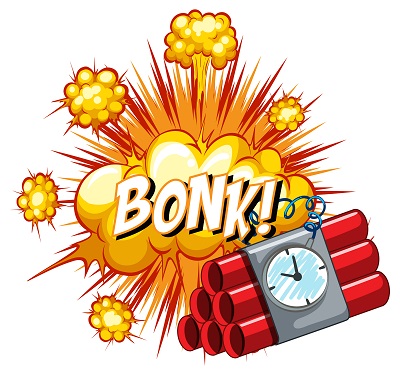

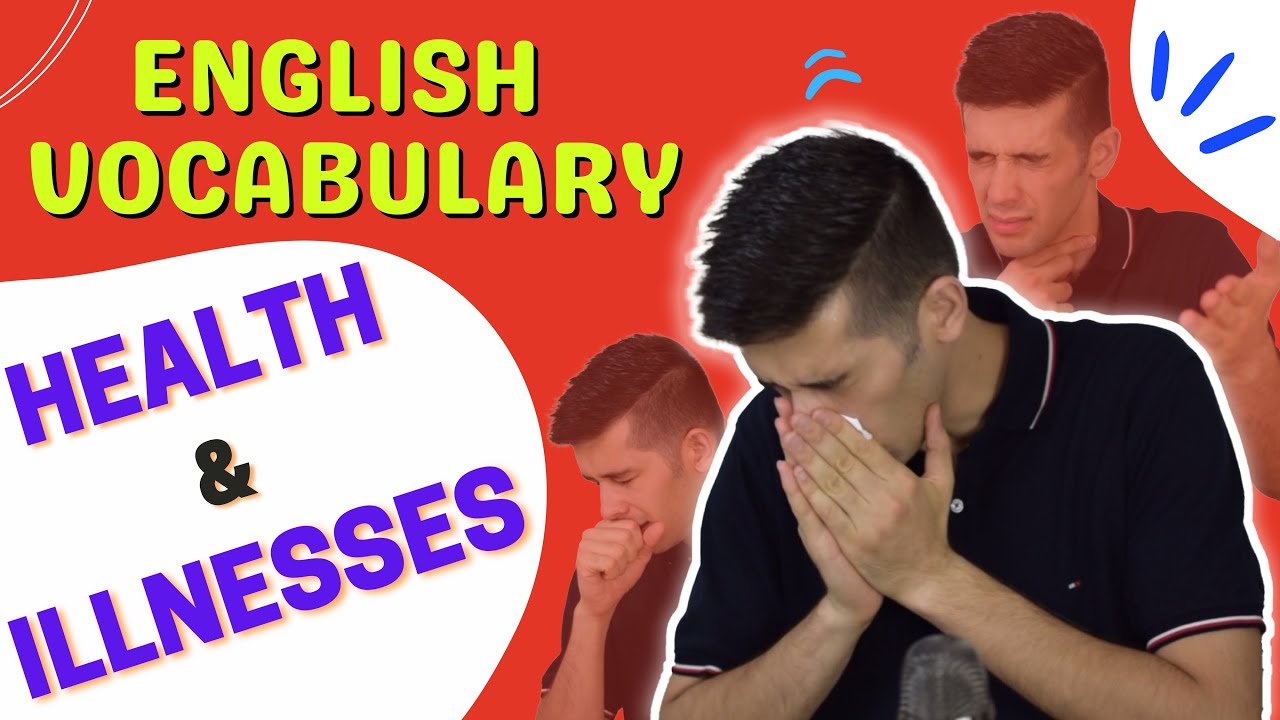


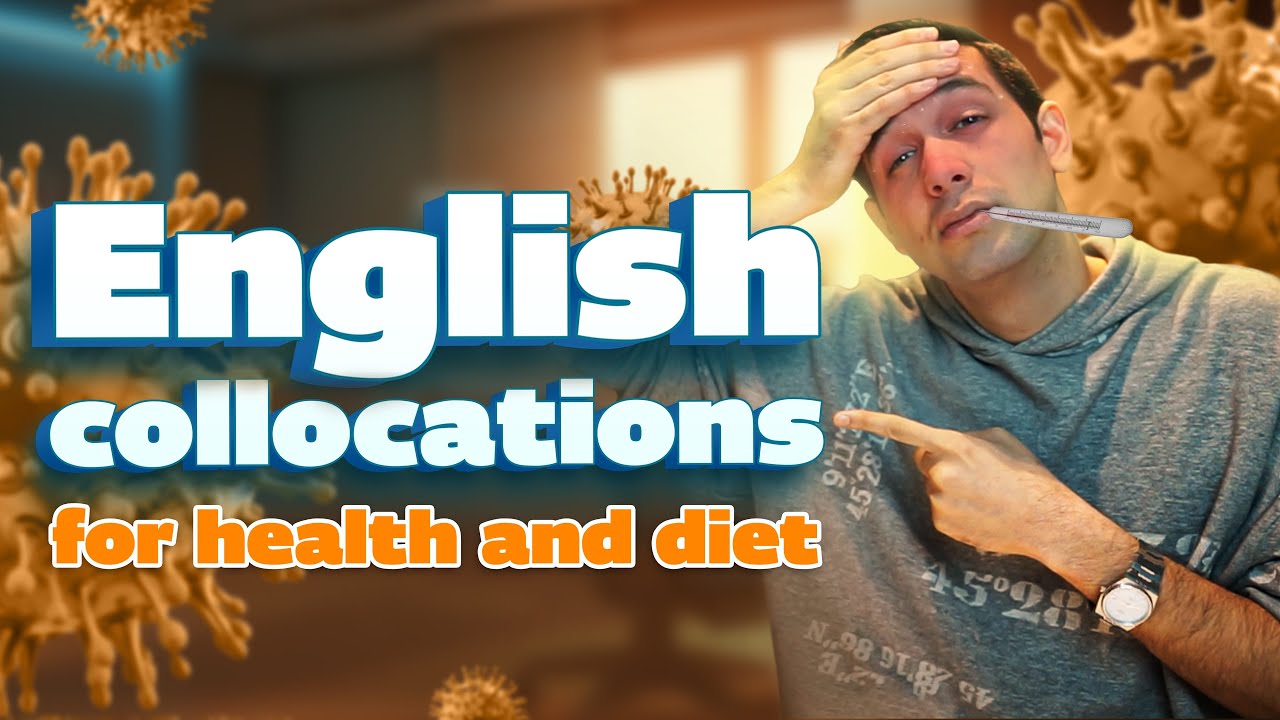
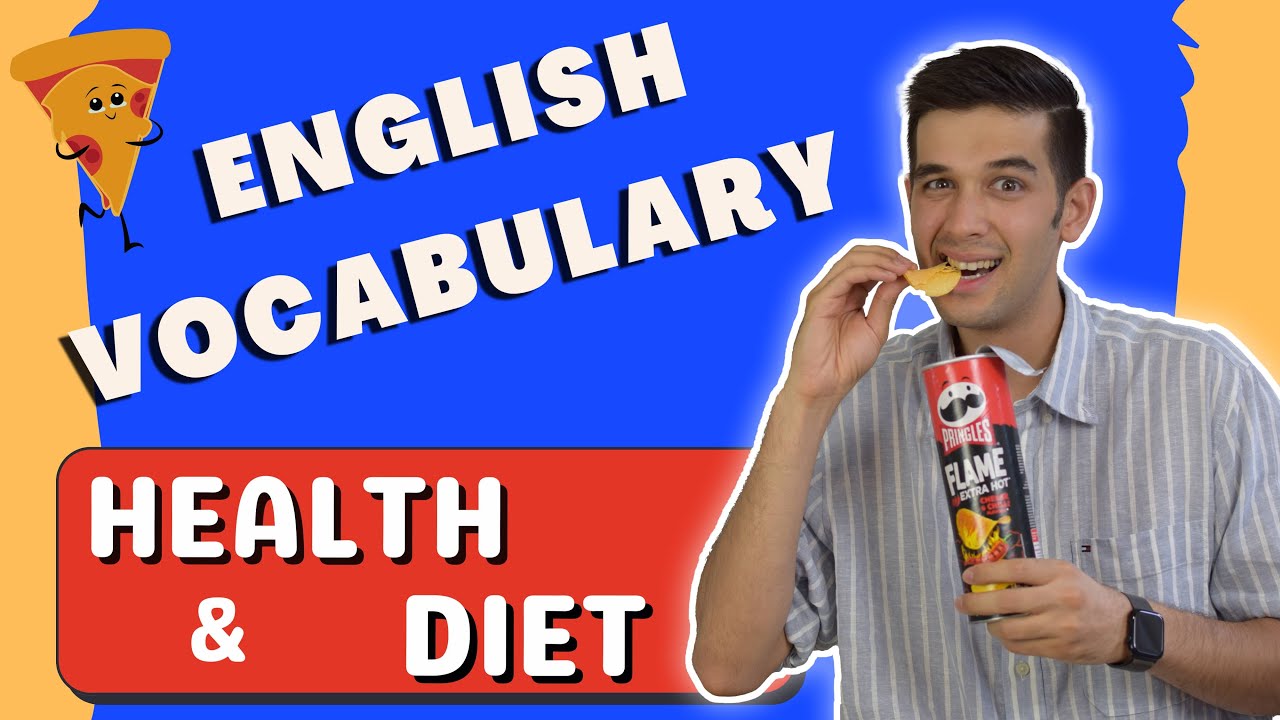

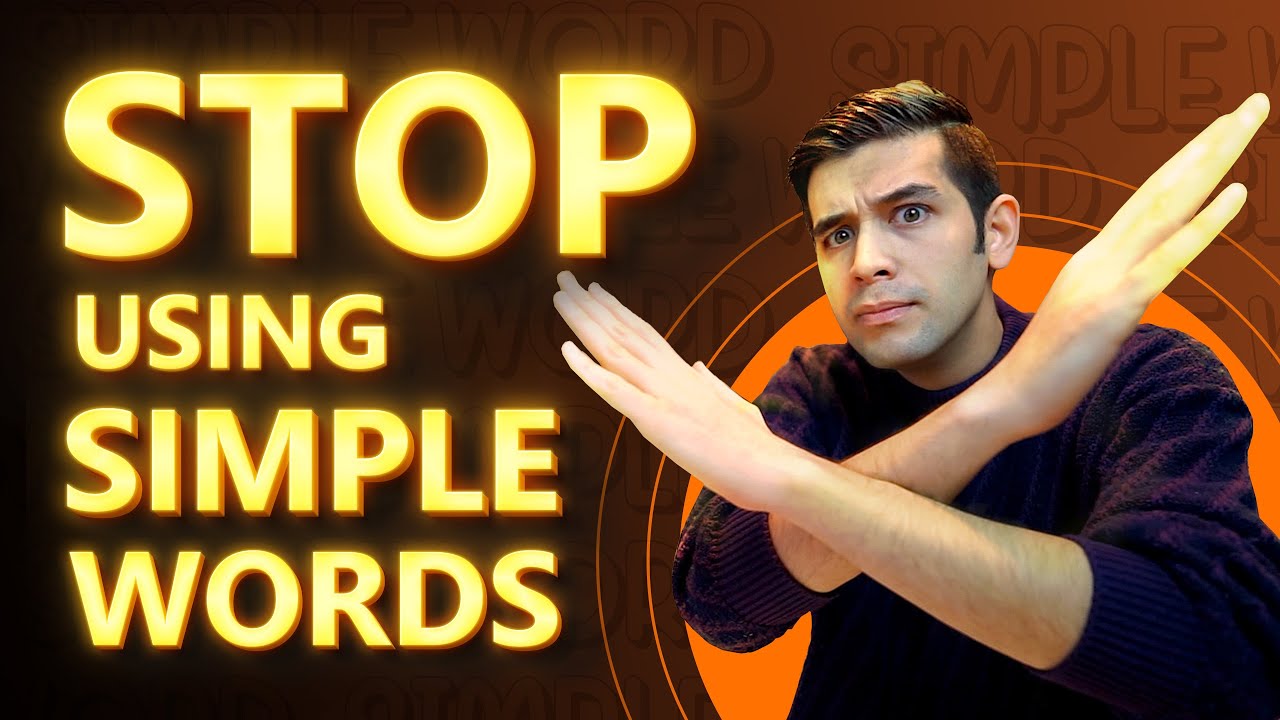

I really enjoyed the lesson. About vocabulary, I have no problem, but my Granma needs more work.
I really enjoyed the lesson. The vocabulary was easy for me. my problem is the grammar and how to write correctly.
It is not clear to me that ( Awaiting moderation ) Would you please explain?
you’re channel is very nice. i like your notes in the pdf format.
Many thanks, teacher, for your efforts. I learned a lot from you. You are the best teacher. Your channel is really top-notch.
I likr yours book . it’s really improved your english skills 👍